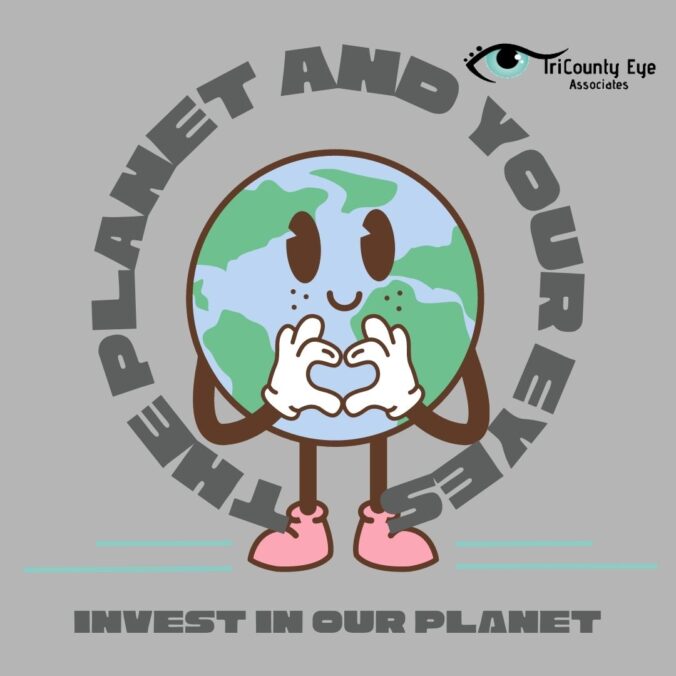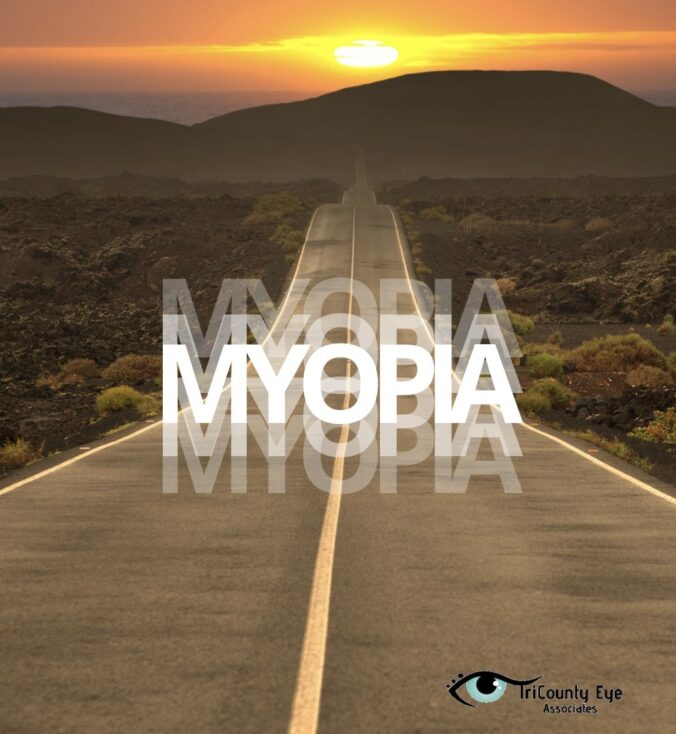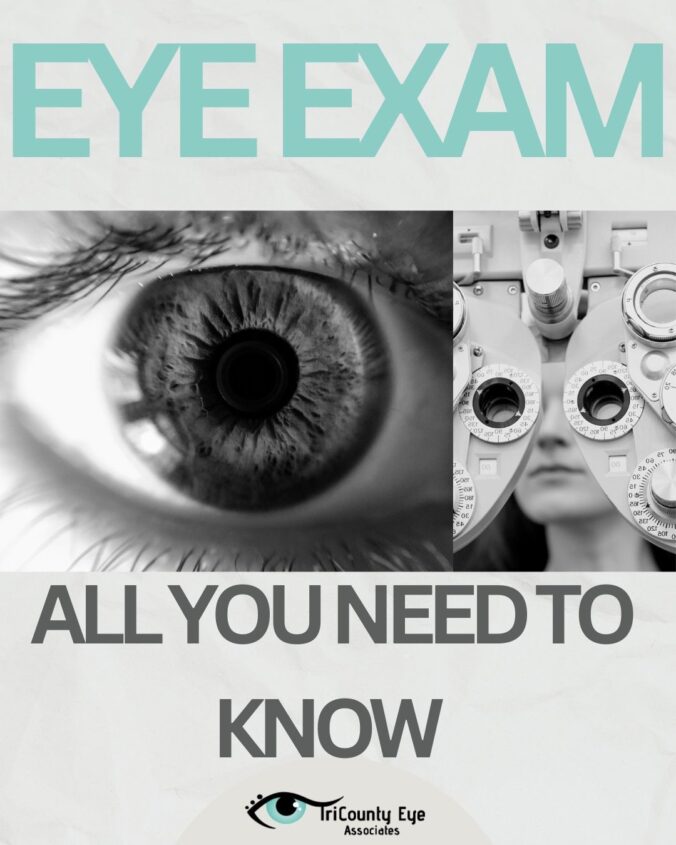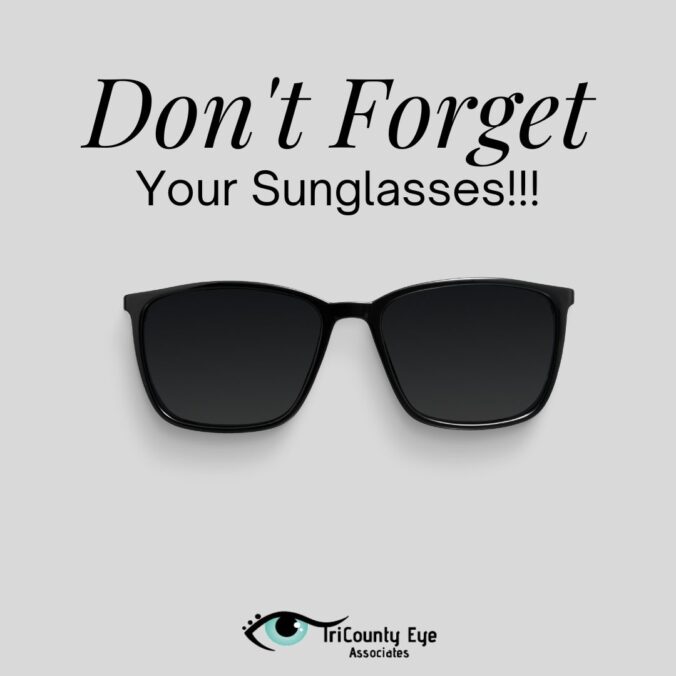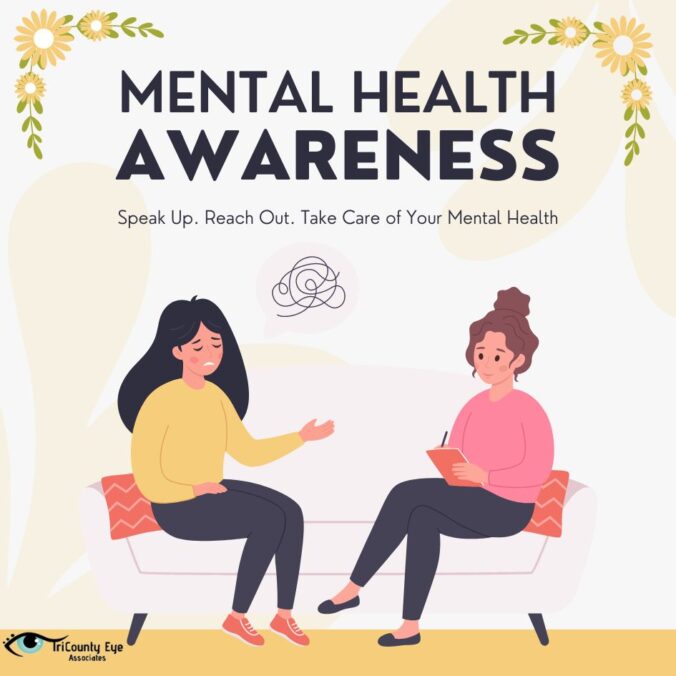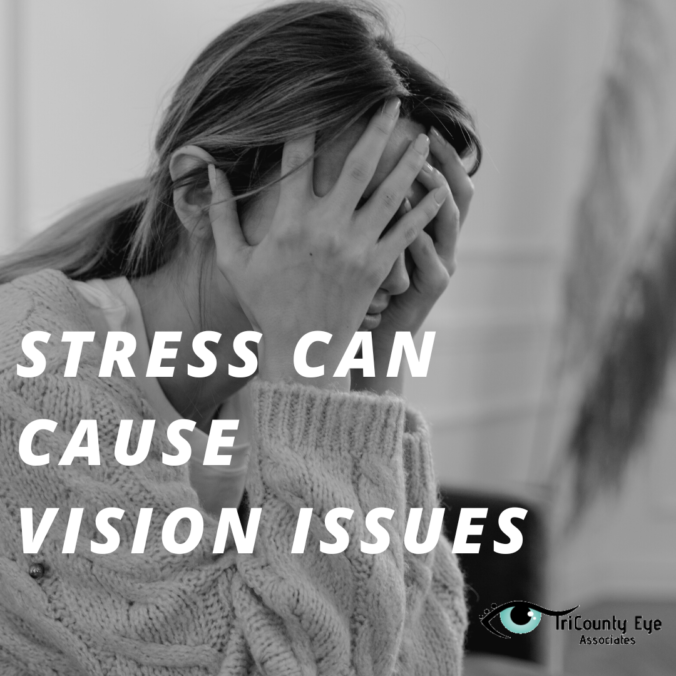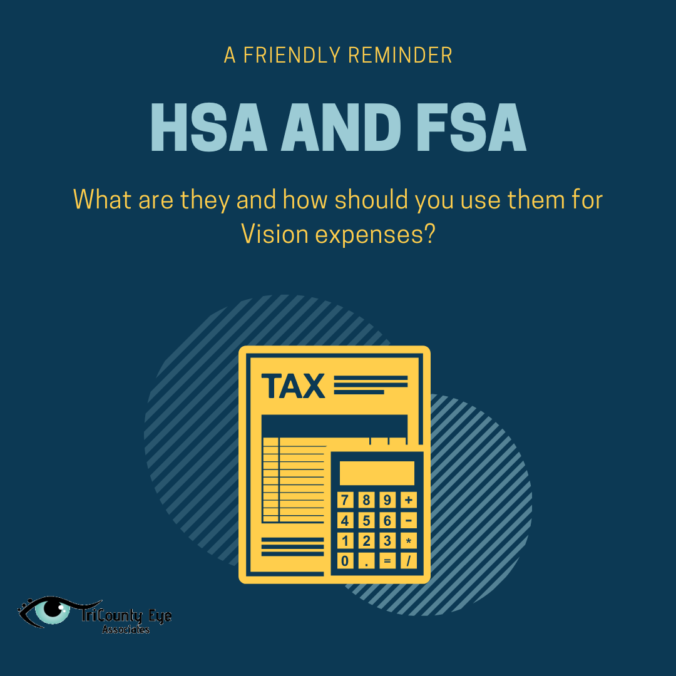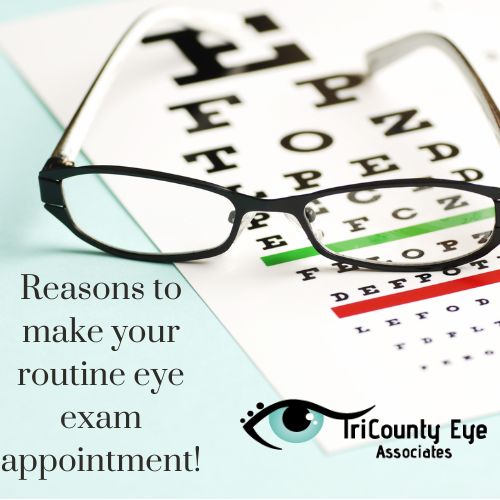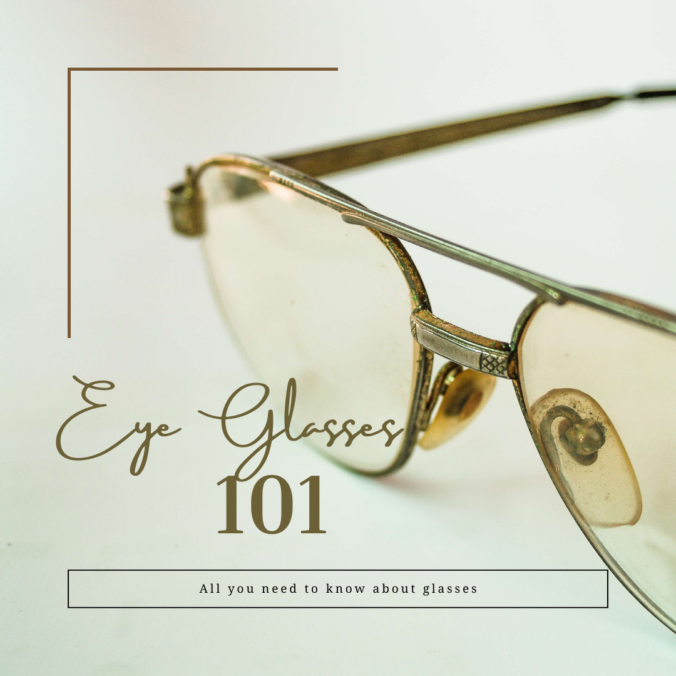Back to school is upon us! There is always so much to remember about back to school. Meet the teacher, school supplies, new clothes, new books, sometimes the list can feel overwhelming. One thing we want to be sure doesn’t get left off the list is making your kids eye appointments before they go back to school.
There are so many reasons to make sure you are getting regular eye exams but it is especially important for kids to get their exams each school year so that they can avoid any issues while trying to learn.
When should Kids start exams?
It is recommended that kids start getting eye exams as early as six months old. This can help to ensure their eyes are developing normally. As they get older, yearly exams will help to identify any developmental issues or long term problems that may need correction.
Ages 2 to 5 years old eye exams are testing for:
- Visual acuity
- Lazy eye
- Stereopsis
- Eye tracking
- Convergence
- Color Vision
- Ocular Health
It is important to monitor these skills because they are imperative for learning and success at school.
As kids grow their eye exams will change to focus on different aspects of vision. The skills tested for kids ages 6 to 18 are:
- Visual Acuity – the ability to see clearly in the distance, up close, and at an intermediate distance.
- Eye Focusing – maintaining clear vision when changing focus from far away to up close.
- Eye Tracking – keeping eyes on target if they are looking from one object to another.
- Eye Teaming – this is the coordination of both eyes to work together ad to judge distances.
- Eye-hand coordination – this is the ability to direct hands by using visual information.
- Vision Perception – this is the ability to understand and remember when they read by organizing images into letters.
Why are exams so important for kids?
It is important for any vision problems to be diagnosed as early as possible to set children up for success at school. Yearly exams will help to do this. Sometimes learning disabilities can be mis-diagnosed when the real problem is a vision impairment.
This can help your child learn and progress better than if these possible issues are left undetected. We recommend using the start of school as a good reminder to schedule an exam. This helps to identify any potential issues before the school year begins and make sure your child is set up for success each and every year.
Call us today to schedule your child’s yearly exam!


